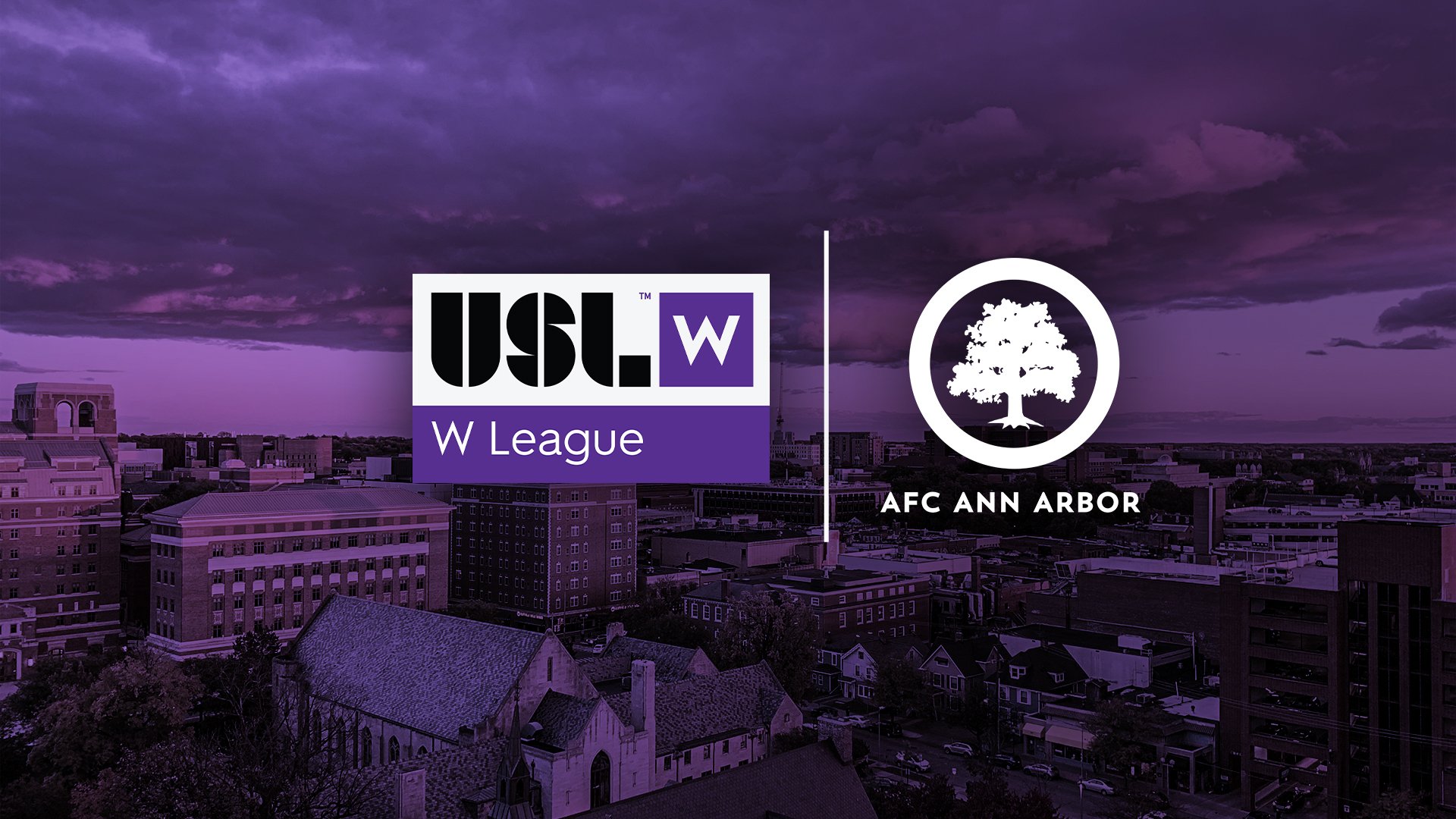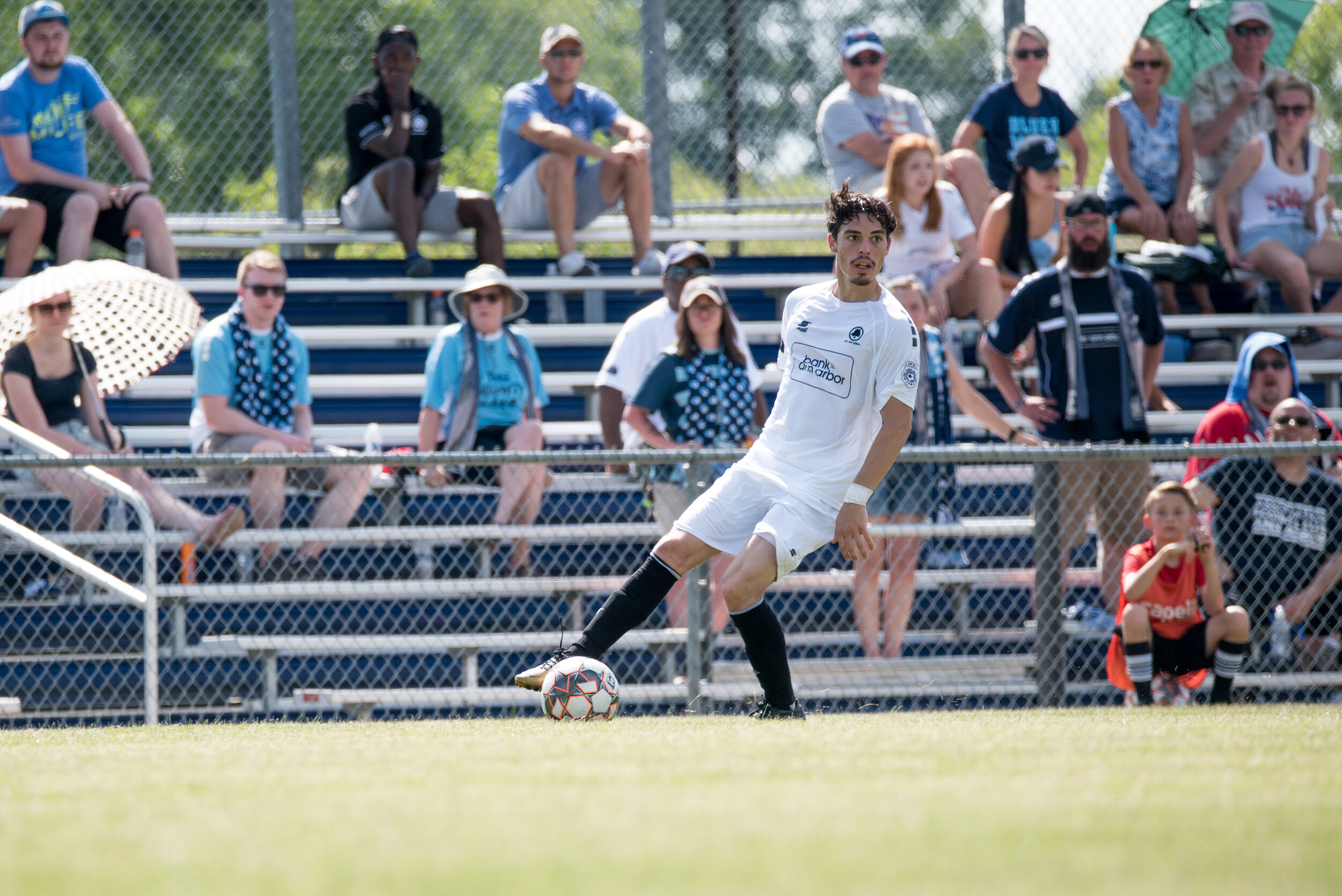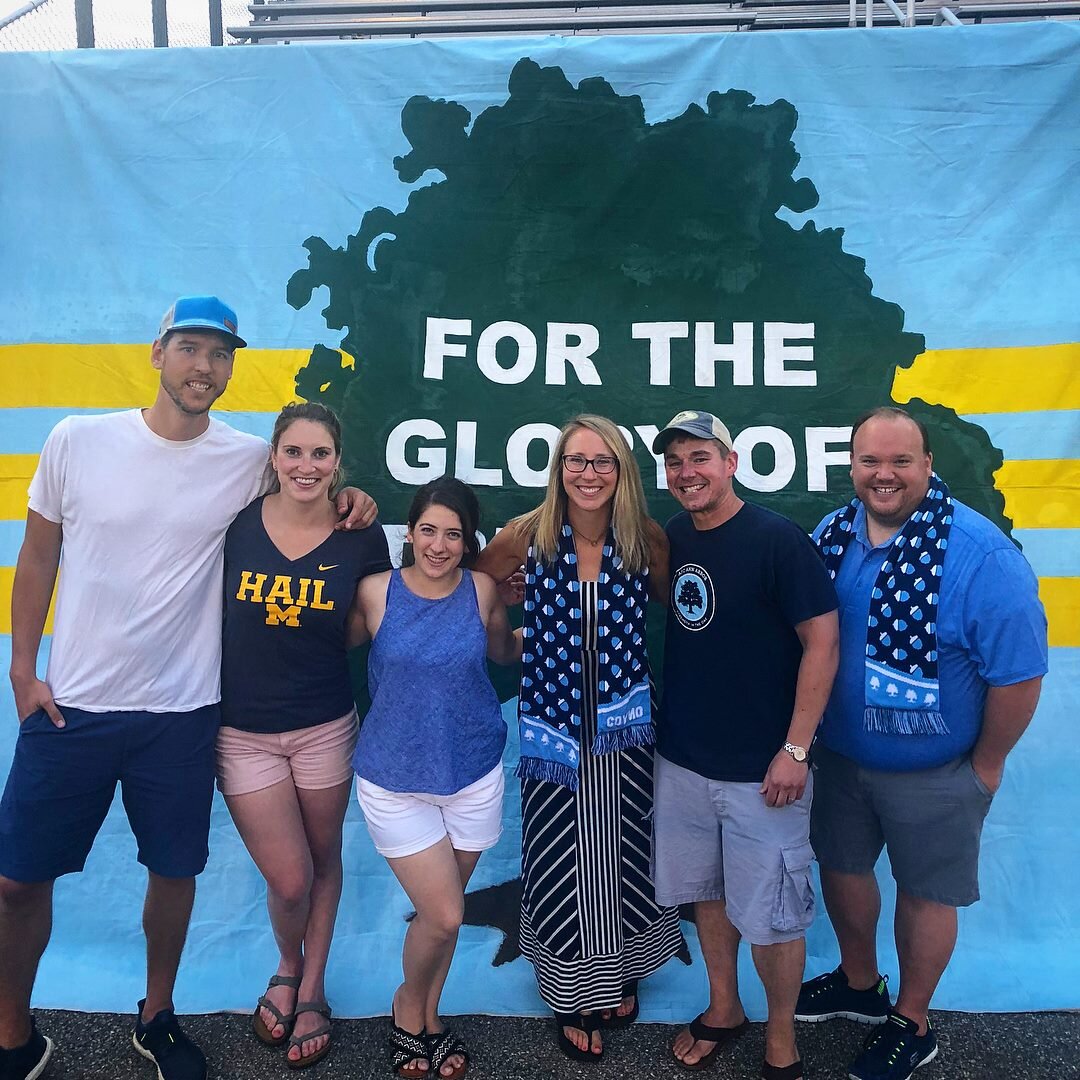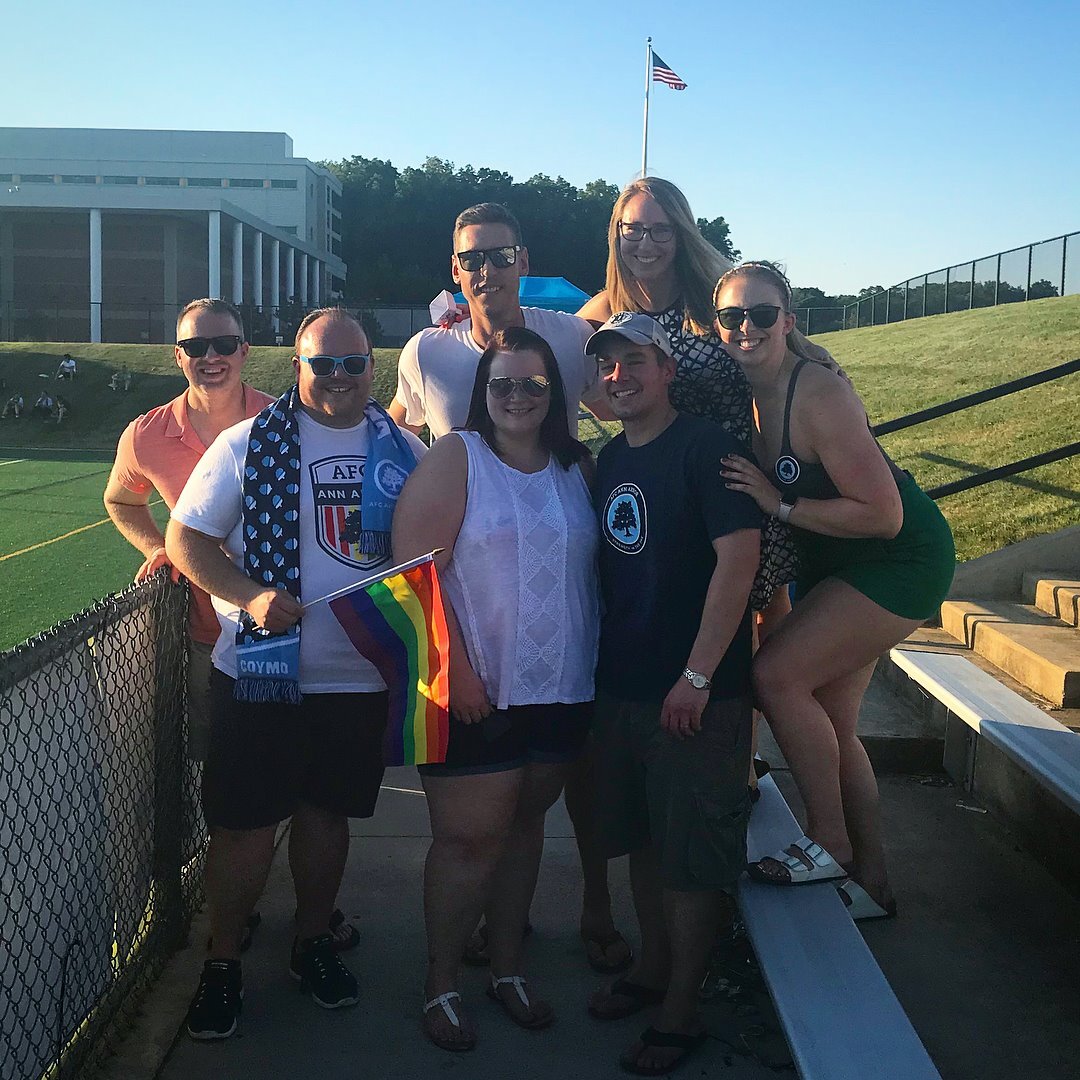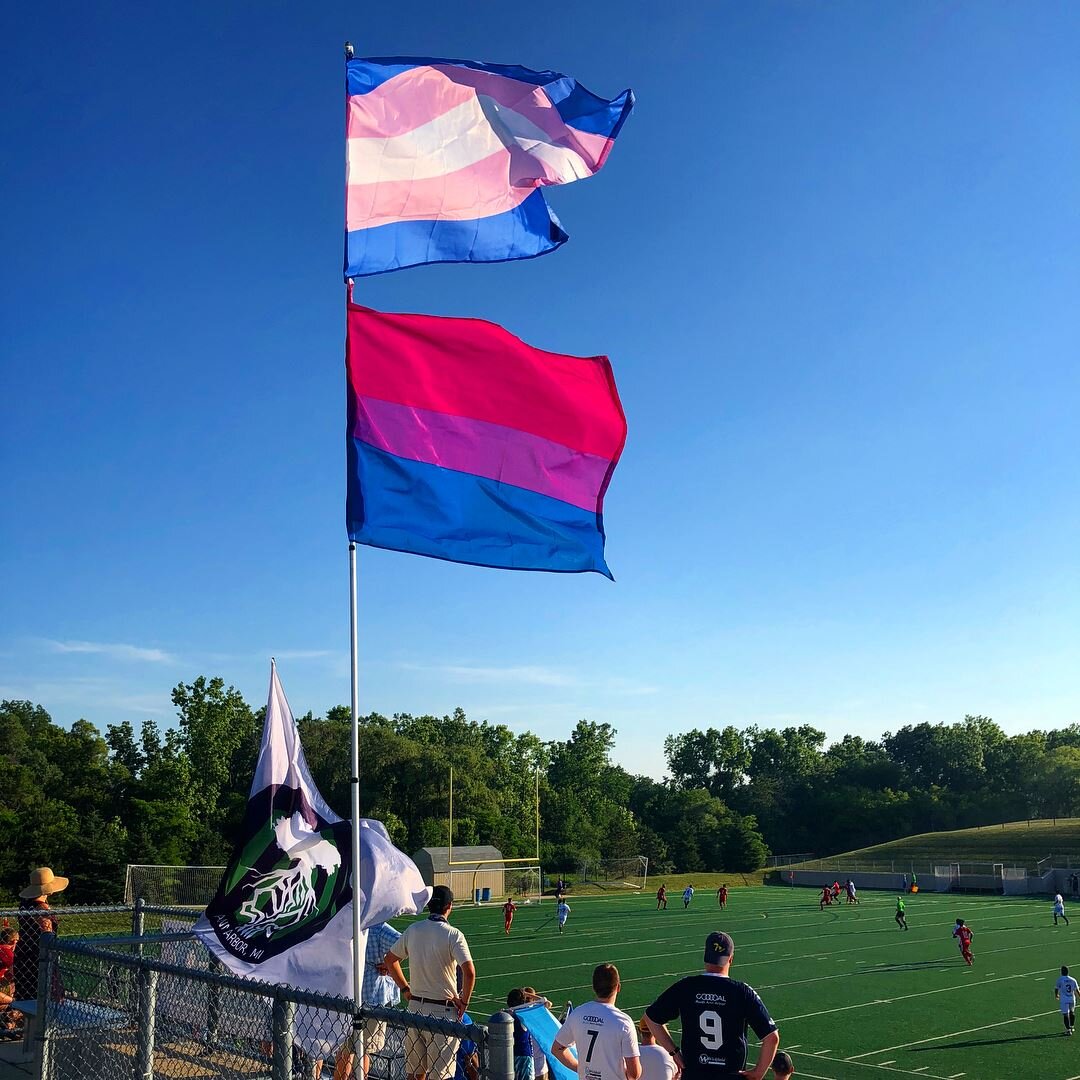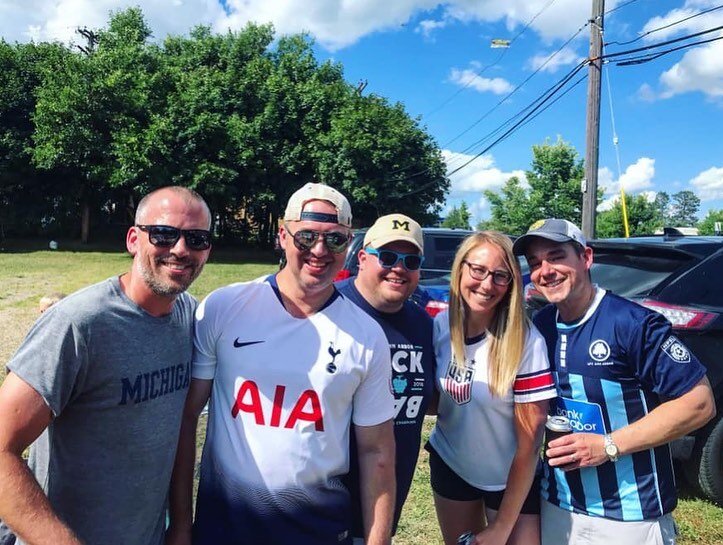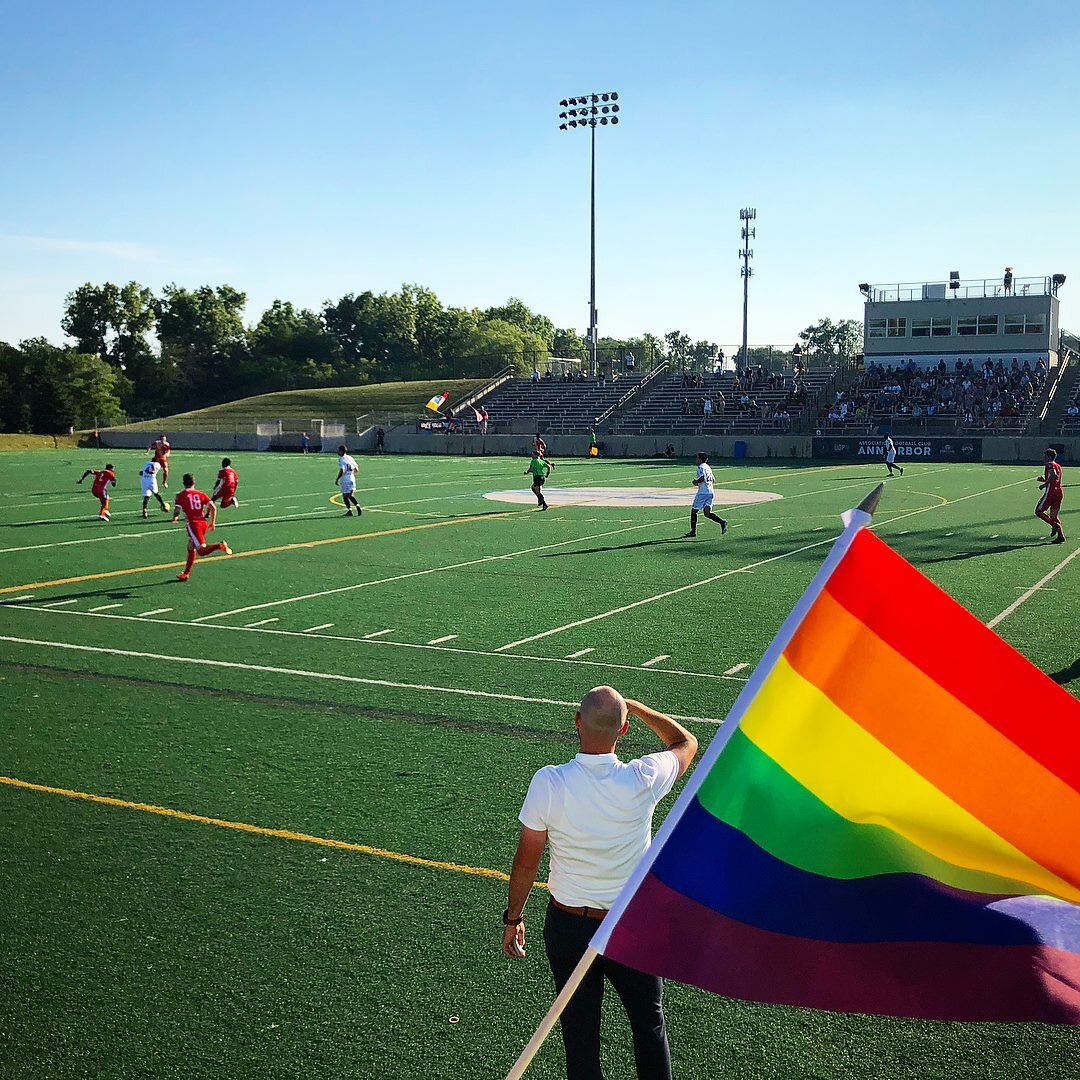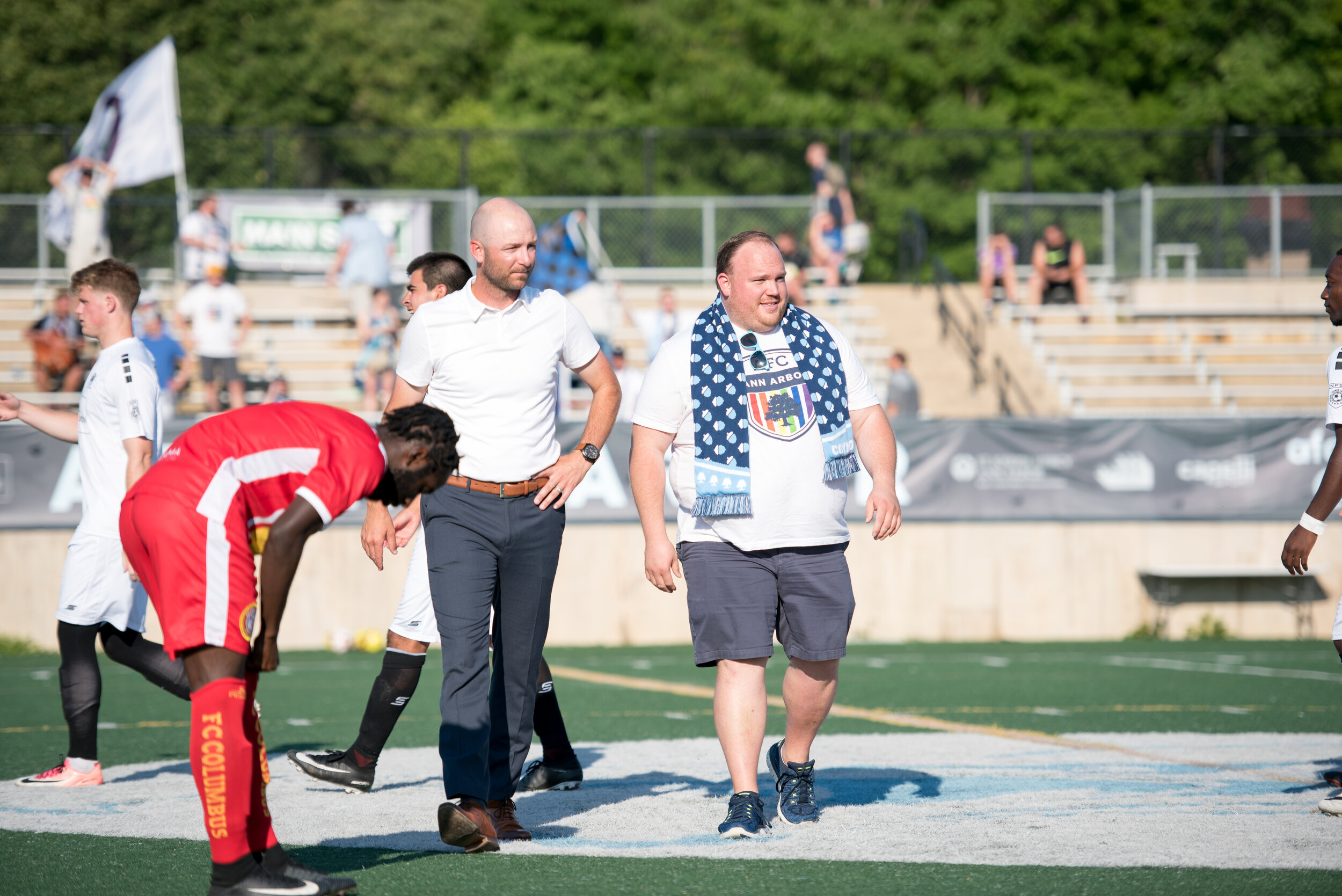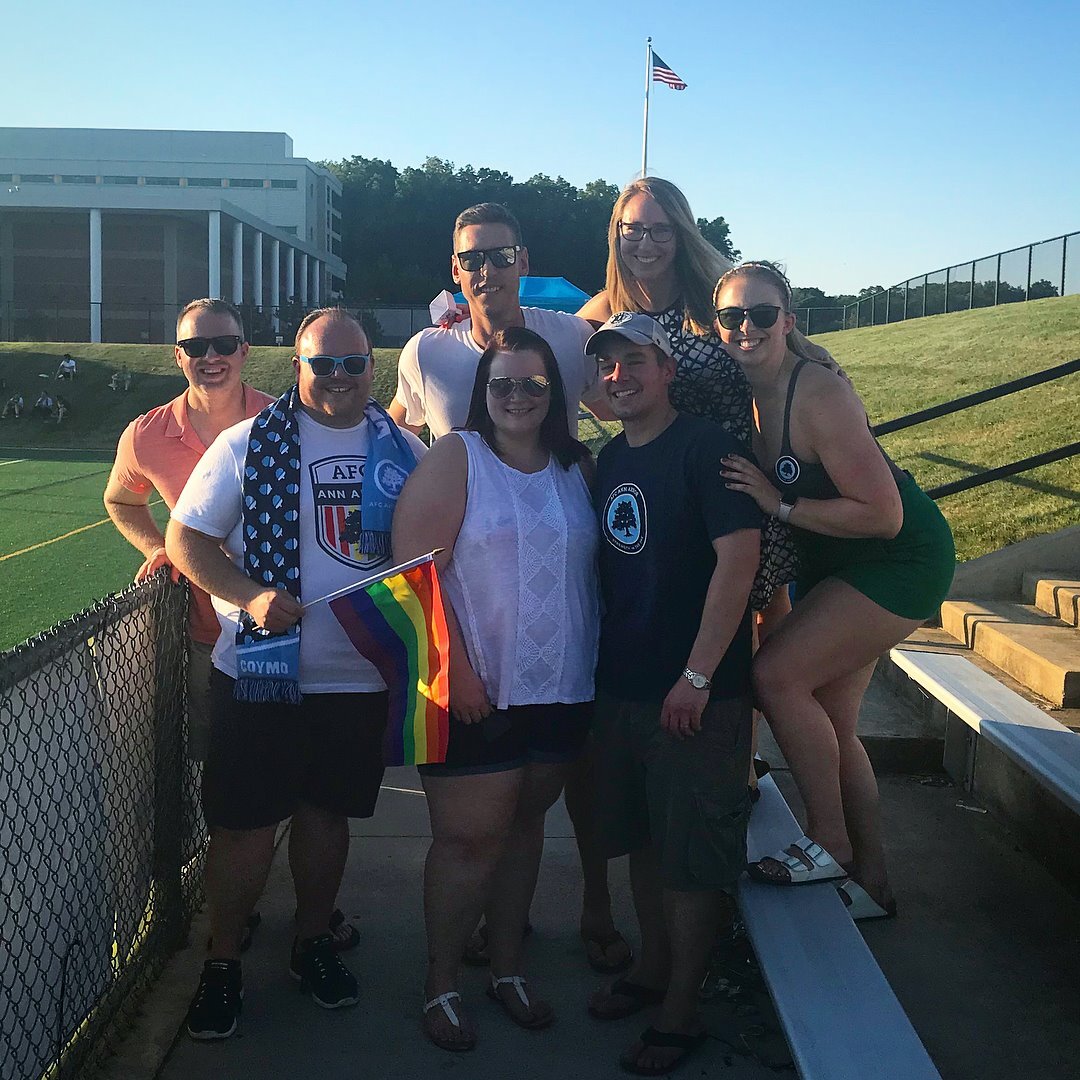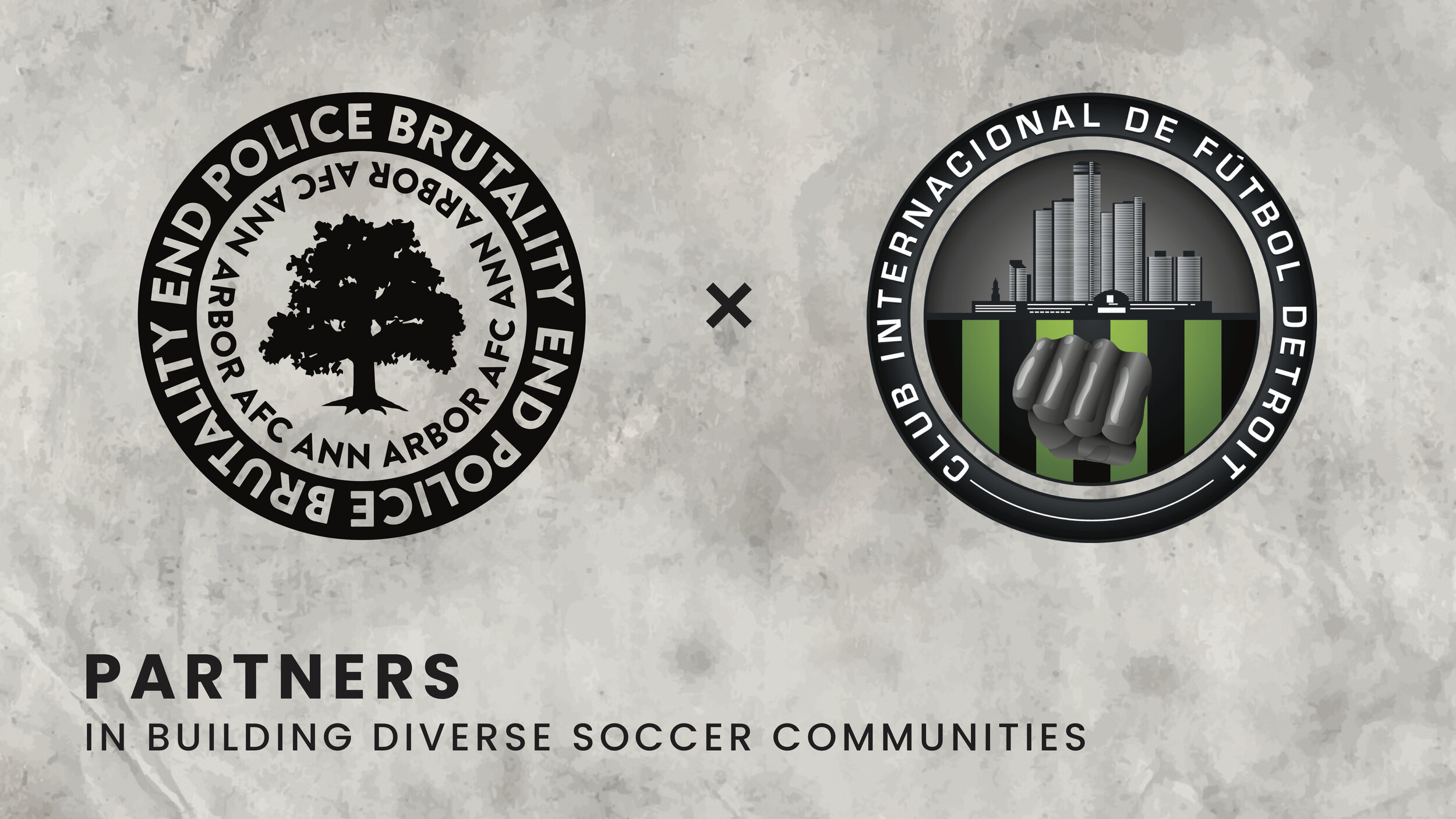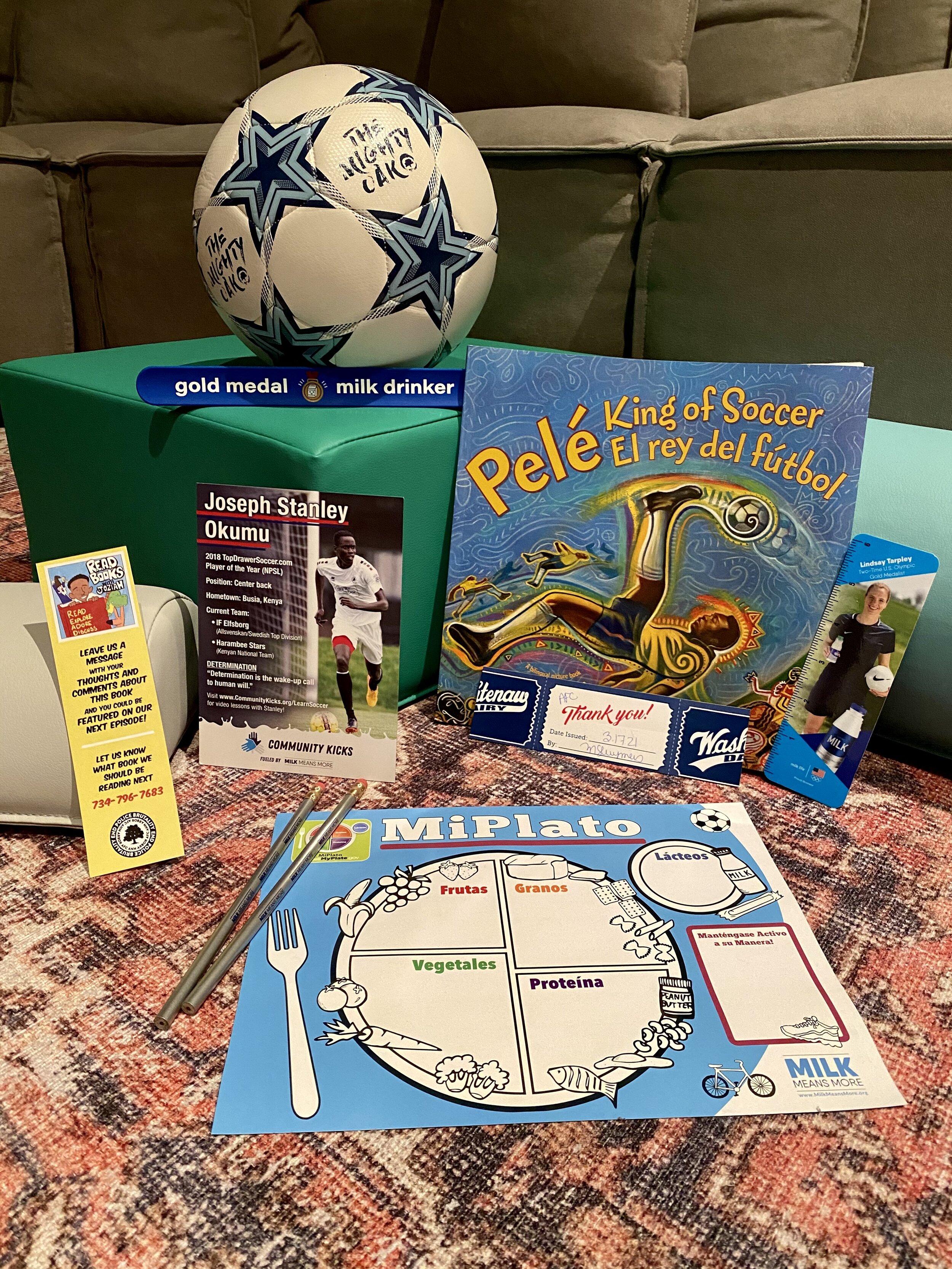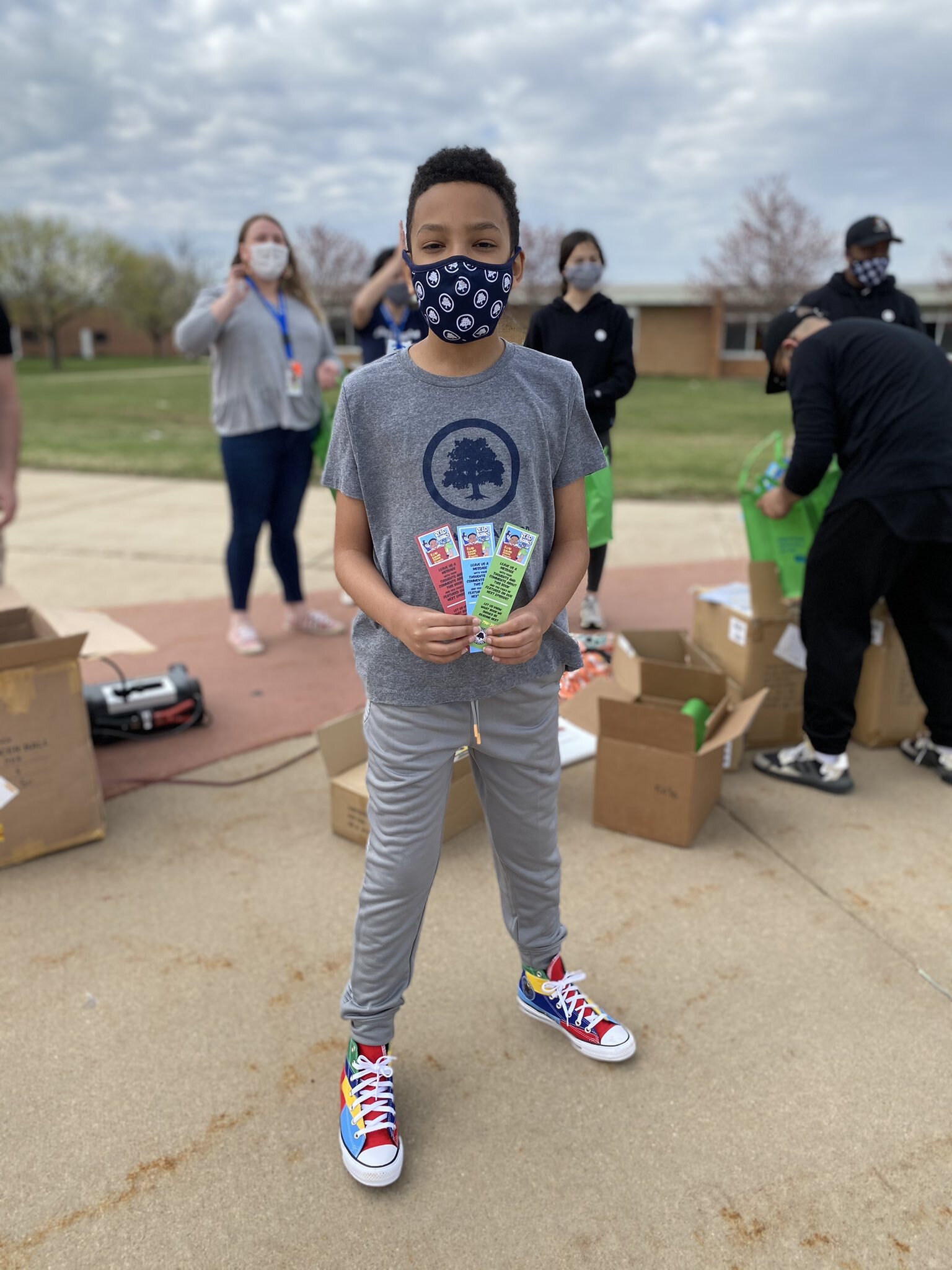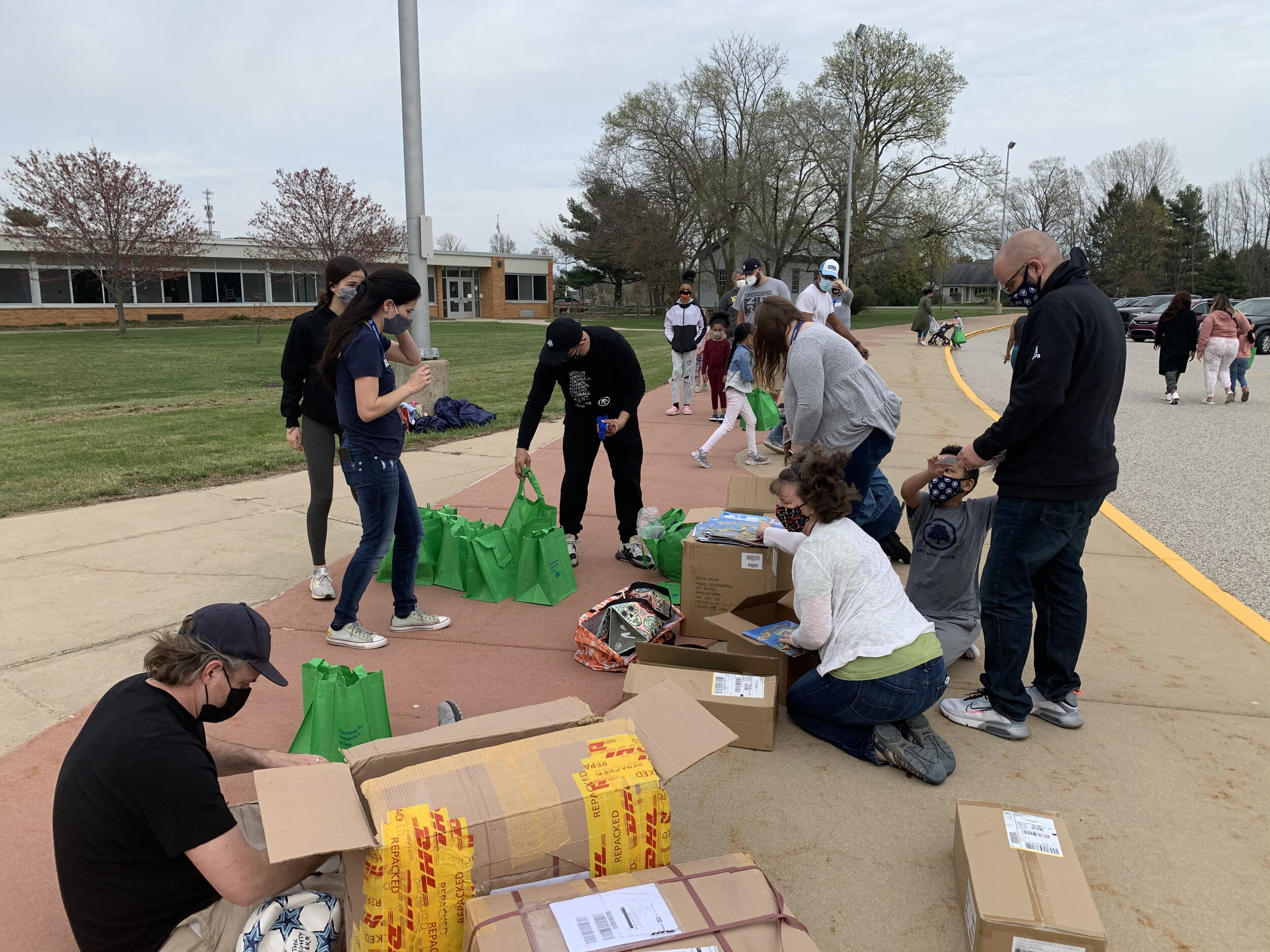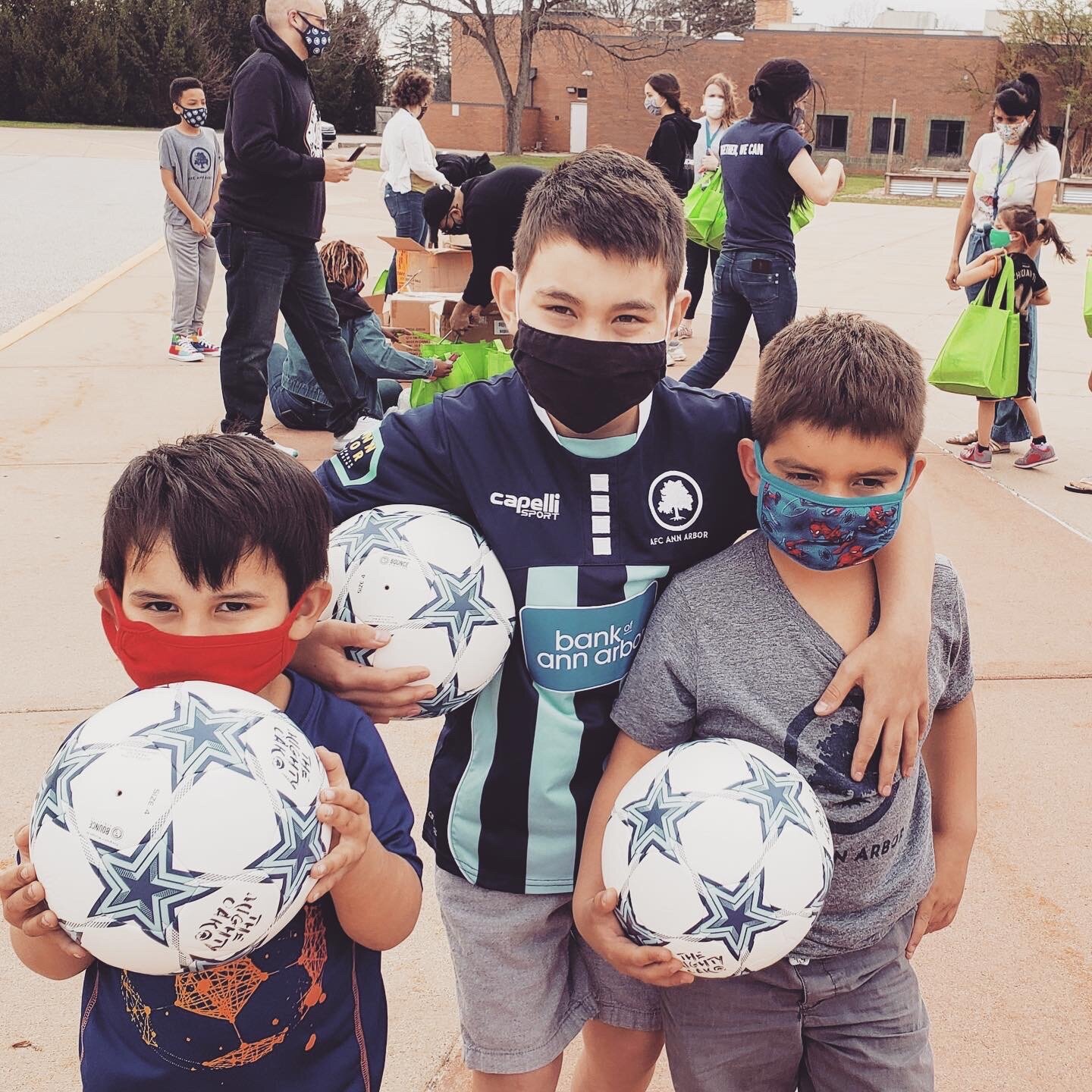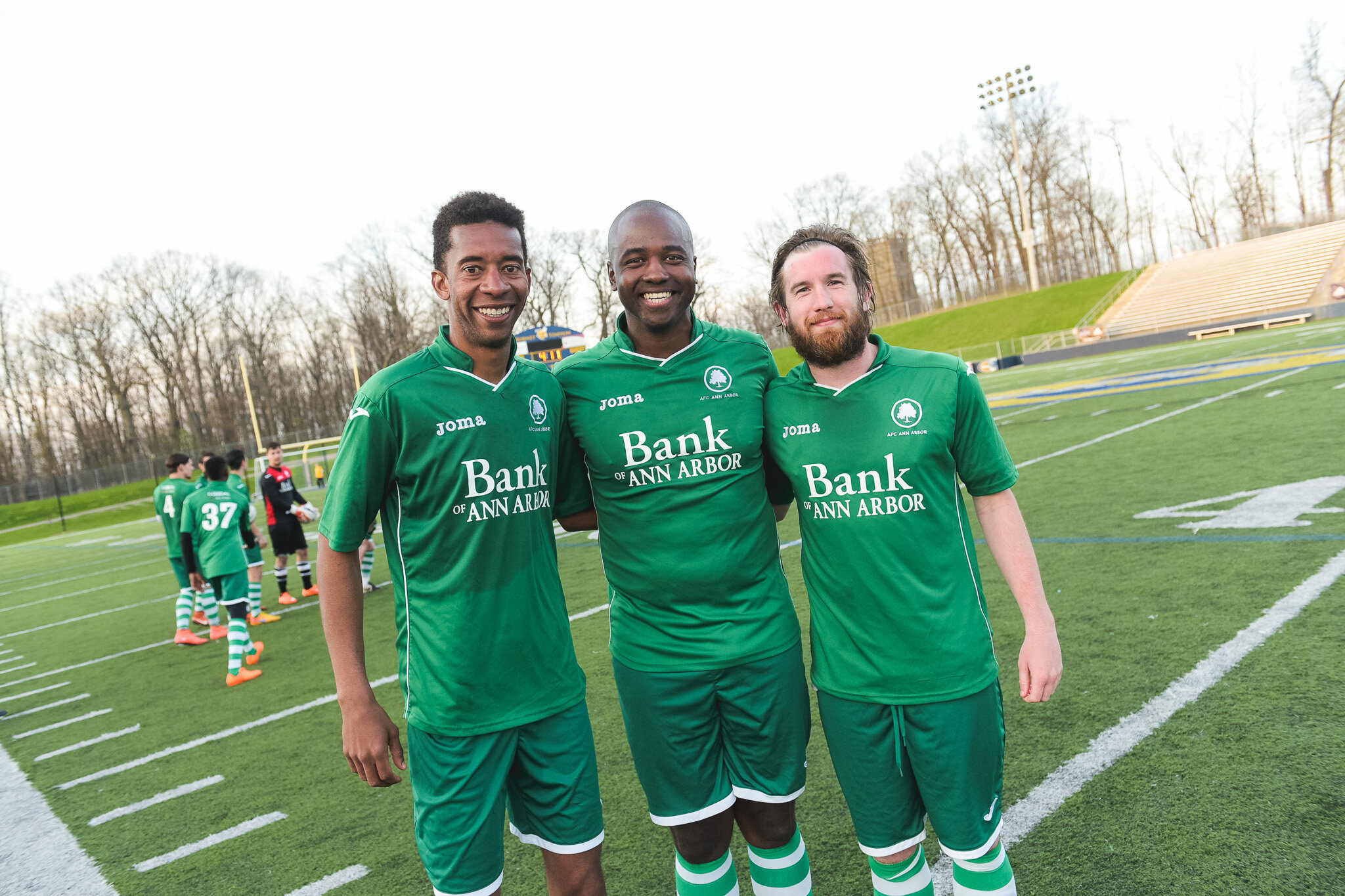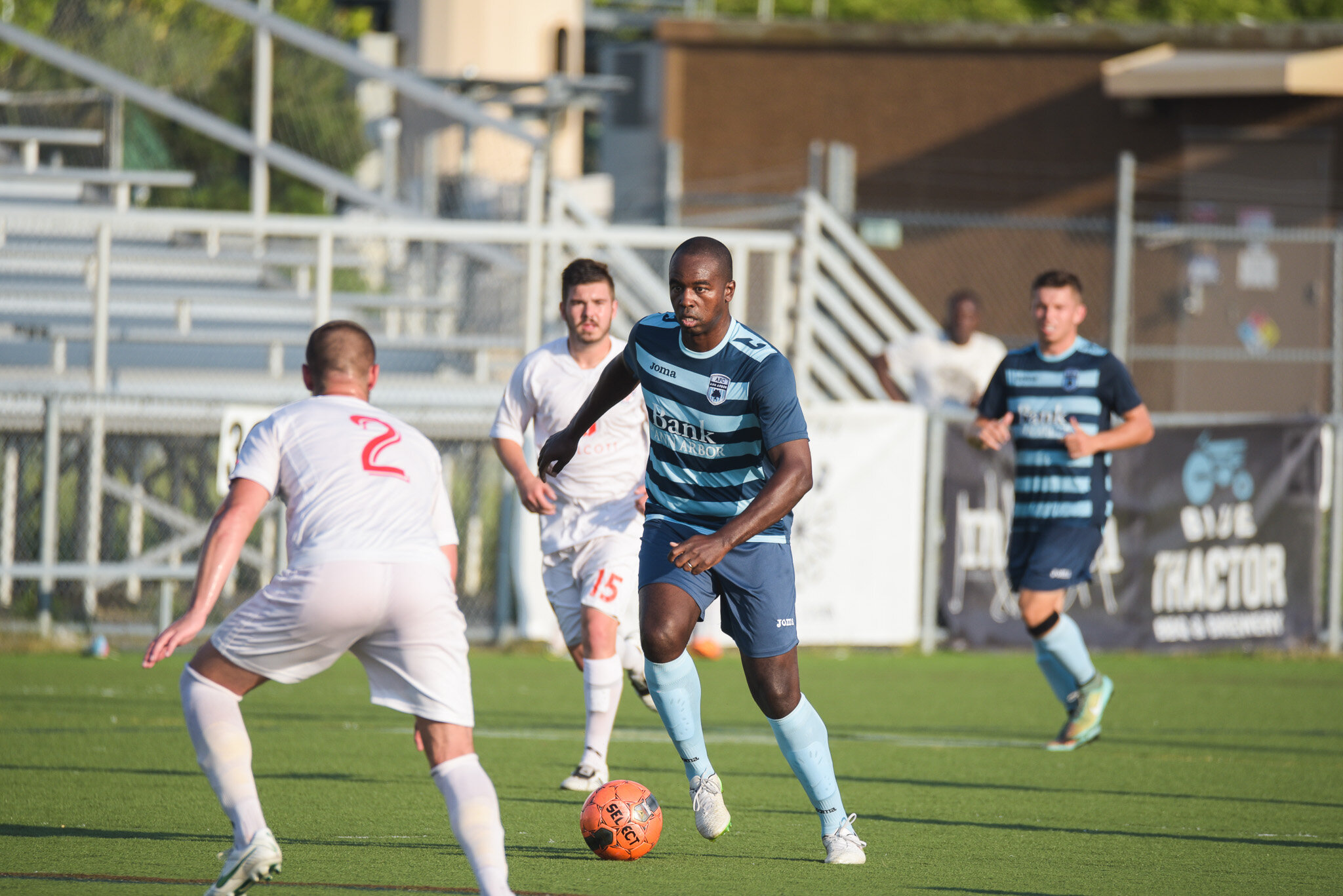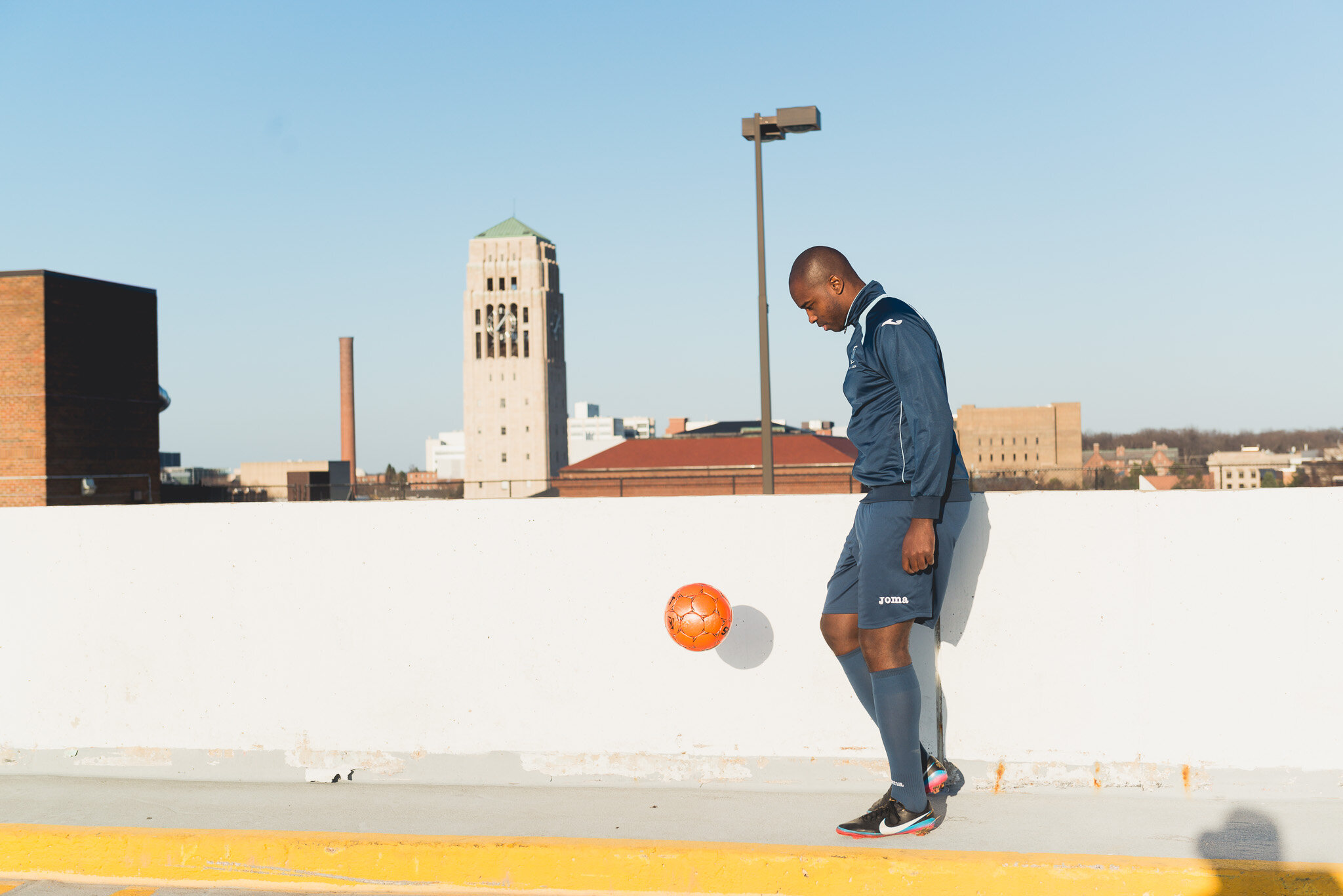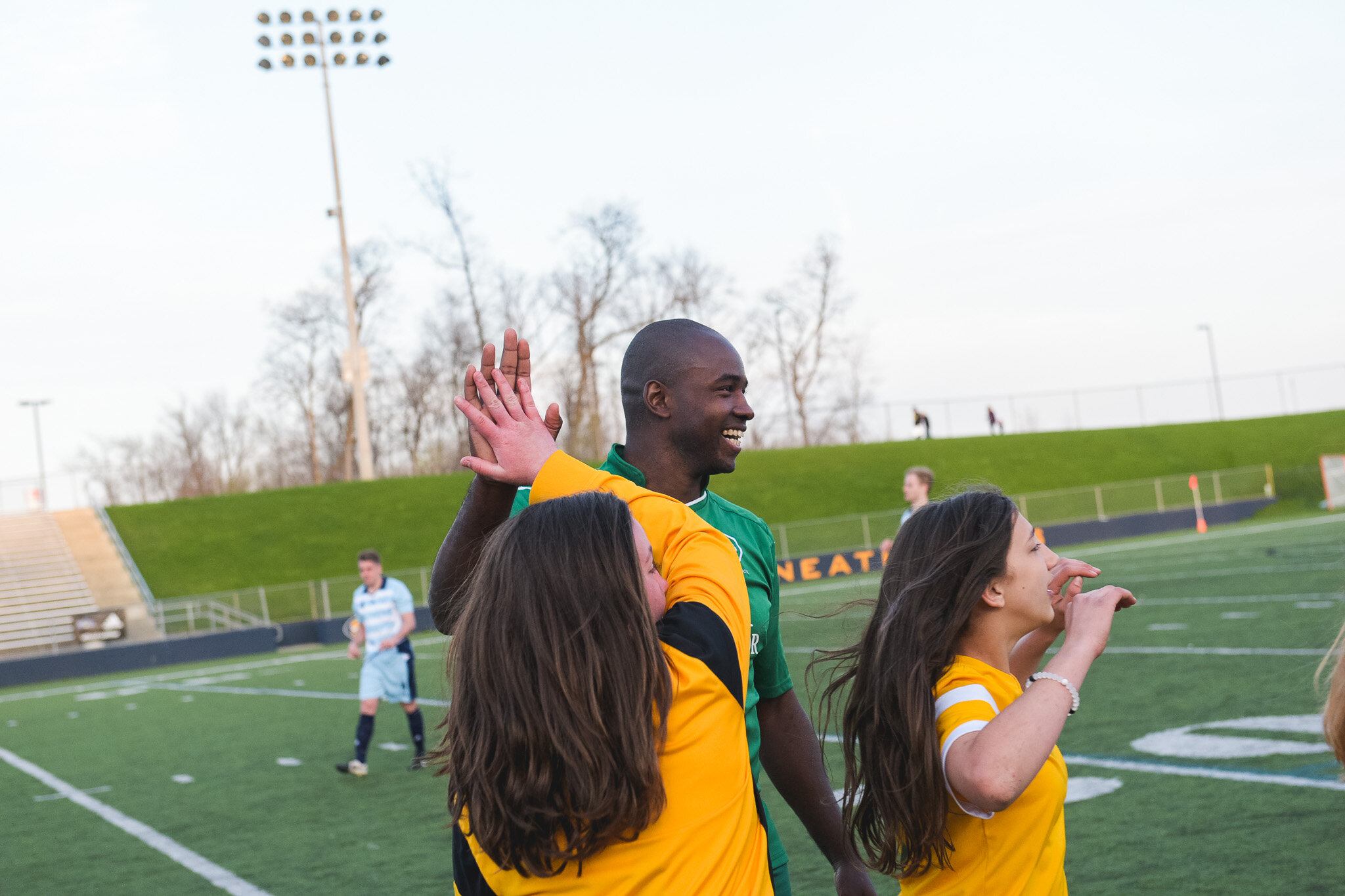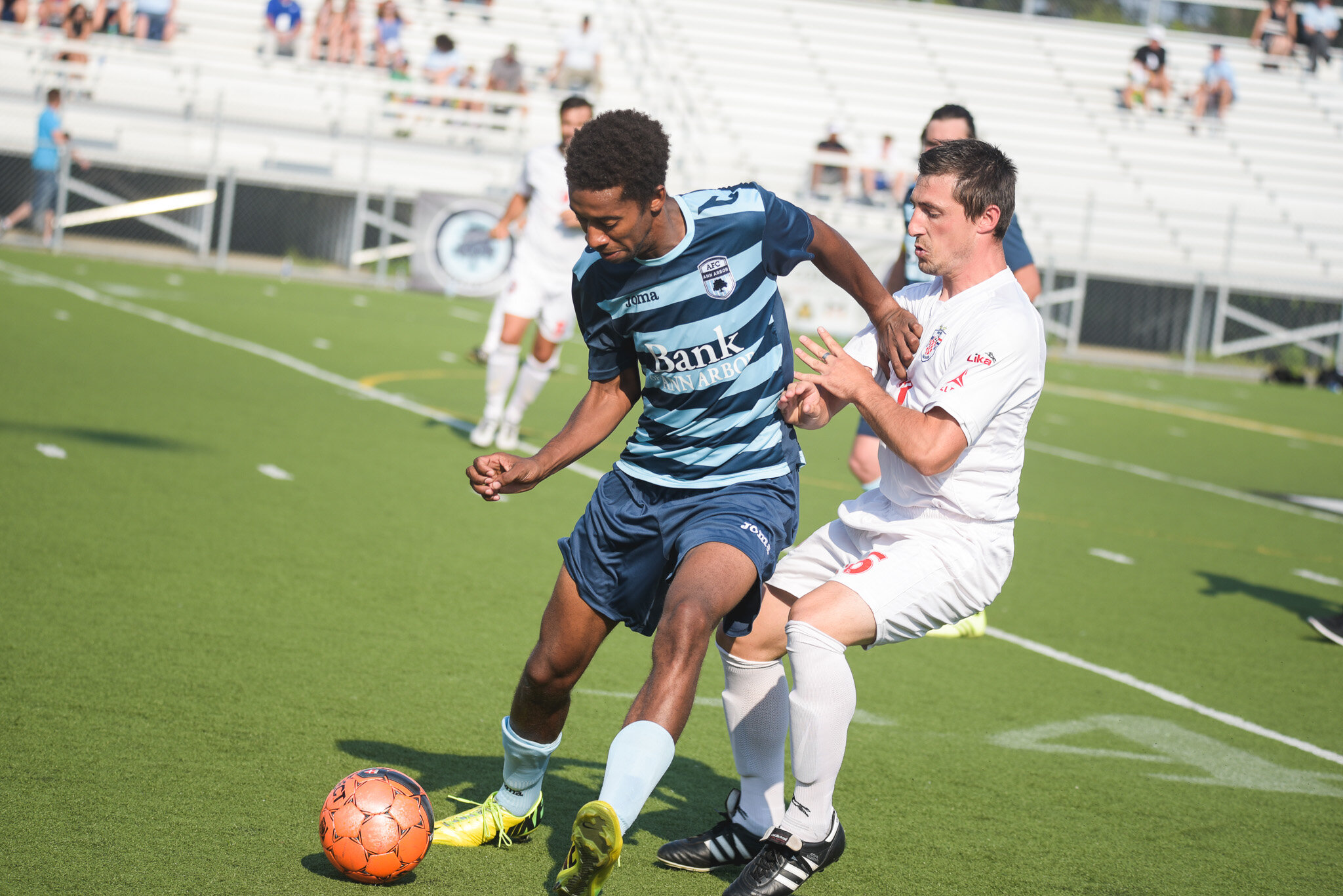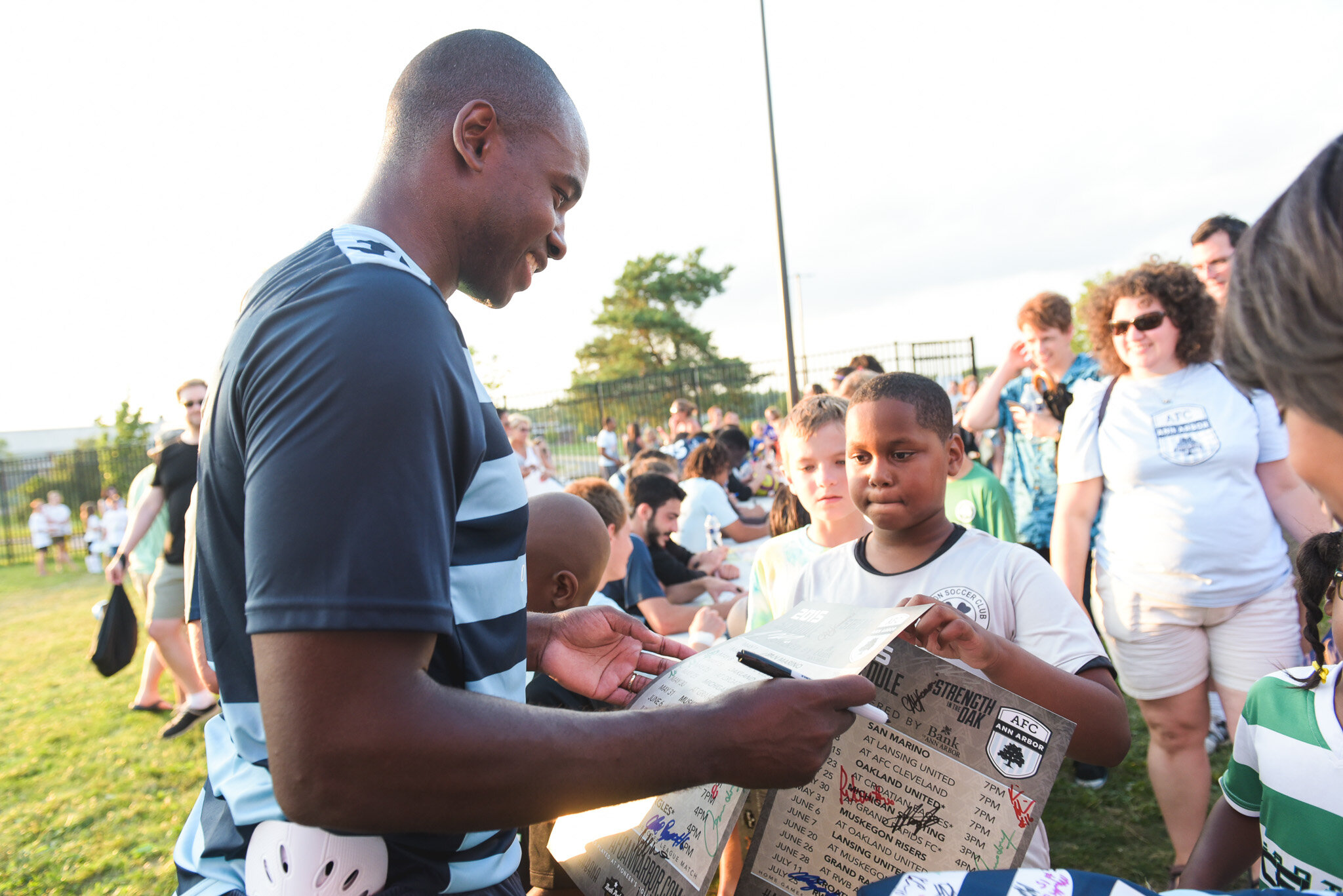This Black History Month, AFC Ann Arbor want to take time to shine light on those involved in Black History within our community and our club. We will be featuring members of either the AFC Ann Arbor Family or the Ann Arbor-community each week in an attempt to celebrate the accomplishments of each of these men and women.
Some people take on a love of soccer in their young adulthood, or even become fans well into their adult lives. Alexis Warner is not one of those people. Soccer has been in Warner’s blood for her entire life and it was fostered by her family’s love of it. “My father, Kevin Warner, had played soccer growing up and he gave me my first soccer ball by the time I could walk,” she said. “The game was a sport my father and I shared dearly. He would always be outside kicking the ball with me and taught me invaluable skills on and off the field.”
The sport was a shared love for the two in Alexis’s youth, but her life took a dramatic turn at a still-young age. When Alexis was eight, her father was diagnosed with a rare kidney disorder called Focal segmental glomerulosclerosis (FSG). He was admitted to the hospital with massive lack-of-functioning in both of his kidneys. “There was a one in a million chance he would survive and there was a one in a million chance my mother was a perfect match to donate,” said Alexis. But Kevin’s case would be that one in a million in both instances. Alexis’s mother was a perfect match, and despite a later cancer diagnosis and kidney failure once more to the transplanted organ, and being on dialysis for 7-8 years at this point, Kevin remains with us and, as Alexis notes, “he NEVER stopped supporting my love for the game.”
Her father’s battle with her kidney ailments inspired her throughout her career on the pitch to step up and be a fearless leader that led by example on, and off, the pitch. She would say, “His determination to fight through everything gave me the determination to become the best soccer player I could be and play at some of the highest levels.” He continued to remain by her side through everything and would see Alexis through her entire undergraduate career at Michigan State, which Alexis takes as a massive gift, saying, “I am just blessed he has seen me through it and every day from here on out has been a bonus.”
Alexis is a native of Ypsilanti, Michigan, and attended high school at Father Gabriel Richard in Ann Arbor. As a young adult and throughout growing up, though, there was a distinct lack of diversity in the sport. “There were not many people who looked like me and I definitely stuck out from the crowd,” she would say. She would also add on this area specifically, “The level of diversity within the game in this area was not representative of the game itself.” On a world scale, soccer is the most widely played sport in the world, but, as Alexis also noted in her conversation with AFCAA, it is a second-tier sport in the U.S., even amidst gaining popularity.
Alexis also noted the factor of money playing a huge role in permitting better access for those who can ‘pay to play’. She noted that she was a former travel player with three separate high-level programs in Michigan, and that there was a “huge difference” in the quality of play. “I was fortunate enough to come from a family who could support my dream financially, but monetary value should NOT dictate who and who doesn’t receive exposure,” she would note.
Expanding upon the matter of representation further, Alexis talked about her own background as a young adult playing a predominatly-white (in the U.S.) sport, saying, “In my experience, the lack of African Americans within the sport of soccer, particularly in Michigan, made me struggle with my identity.” Alexis noted the internal battle between her desire to play soccer and having to answer questions of why she chose soccer, noting, “Most people who looked like me were expected or assumed to run track or play basketball.”
“I wanted to change this misconception and become a representative within the sport of soccer to inspire our youth,” she said, adding, “Community kicks gave me that chance.”
Alexis dedicated some of her time and effort this summer to take part in the virtual Community Kicks program as a coach. Not only was access important, but so, too, exposure to the sport. “It is important to get kids involved in any sport at a young age, so they can start to determine their interests (whether that is a sport or not),” she would say. Building off what she mentioned on the tiered hierarchy of sports, she would continue, “We need to do a better job educating our youth about the game and the intangibles the game brings.”
Discussing the emphasis on sports as a method to success, Alexis noted the positives of promoting soccer more, saying, “Especially when children are taught ‘sports are the only way out’ in struggling communities or families which is particularly prevalent the African American community. Soccer gives an alternative route to those who may not be successful in the “top tier” sports in America and awards more opportunities available abroad.”
Not only a star for MSU on-the-pitch, Alexis also graduated and went onto a career in engineering as an engineer. She has been able to take lessons from the sport to her everyday life, saying, “Soccer teaches you determination, perseverance, time management, unity, and the true value of hard work.” She would add, “Those are invaluable skills that will carry with you throughout life.” More than just holding the value of playing a sport, Alexis noted that soccer also allows you to meet and experience different cultures and understand the importance of diversity in a realm that is a microcosm of the real world. Even if she may not be currently active, it’s for these reasons and this exceptional understanding of the world of soccer and sport as a whole that makes Alexis Warner such a great community leader in the soccer world.

